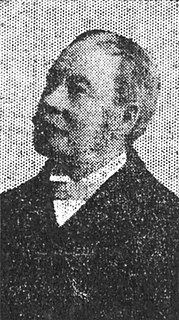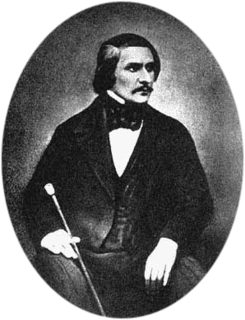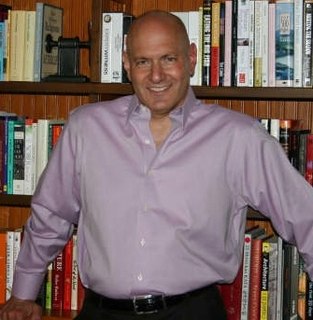A Quote by Mark Hopkins
Whatever capacities there may be for enjoyment or for suffering in this strange being of ours, and God only knows what they are, they will be drawn out wholly in accordance with character.
Related Quotes
Reputation is seeming; character is being. Reputation is manufactured; character is grown. Reputation is your photograph; There is a vast difference between character and reputation. Reputation is what men think we are; character is what God knows us to be. Reputation is seeming; character is being. Reputation is the breath of men; character is the inbreathing of the eternal God. One may for a time have a good reputation and a bad character, or the reverse ; but not for long.
For man, the vast marvel is to be alive. For man, as for flower and beast and bird, the supreme triumph is to be most vividly, most perfectly alive. Whatever the unborn may know, they cannot know the beauty, the marvel of being alive in the flesh. The dead may look after the afterwards. But the magnificent here and now of life in the flesh is ours, and ours alone, and ours only for a time.
The scientist who recognizes God knows only the God of Newton. To him the God imagined by Laplace and Comte is wholly inadequate. He feels that God is in nature, that the orderly ways in which nature works are themselves the manifestations of God's will and purpose. Its laws are his orderly way of working.
Jesus lost all his glory so that we could be clothed in it. He was shut out so we could get access. He was bound, nailed, so that we could be free. He was cast out so we could approach. And Jesus took away the only kind of suffering that can really destroy you: that is being cast away from God. He took so that now all suffering that comes into your life will only make you great. A lump of coal under pressure becomes a diamond. And the suffering of a person in Christ only turns you into somebody gorgeous.
There's a line in The Barretts of Wimpole Street - you know, the play - where Elizabeth Barrett is trying to work out the meaning of one of Robert Browning's poems, and she shows it to him, and he reads it and he tells her when he wrote that poem, only God and Robert Browning knew what it meant, and now only God knows. And that's how I feel about studying English. Who knows what the writer was thinking, and why should it matter? I'd rather just read for enjoyment.
Whatever man may stand, whatever he may do, to whatever he may apply his hand - in agriculture, in commerce, and in industry, or his mind, in the world of art, and science - he is, in whatsoever it may be, constantly standing before the face of God. He is employed in the service of his God. He has strictly to obey his God. And above all, he has to aim at the glory of his God.
In accordance with the prarabdha of each, the One whose function it is to ordain makes each to act. What will not happen will never happen, whatever effort one may put forth. And what will happen will not fail to happen, however much one may seek to prevent it. This is certain. The part of wisdom therefore is to stay quiet.




































